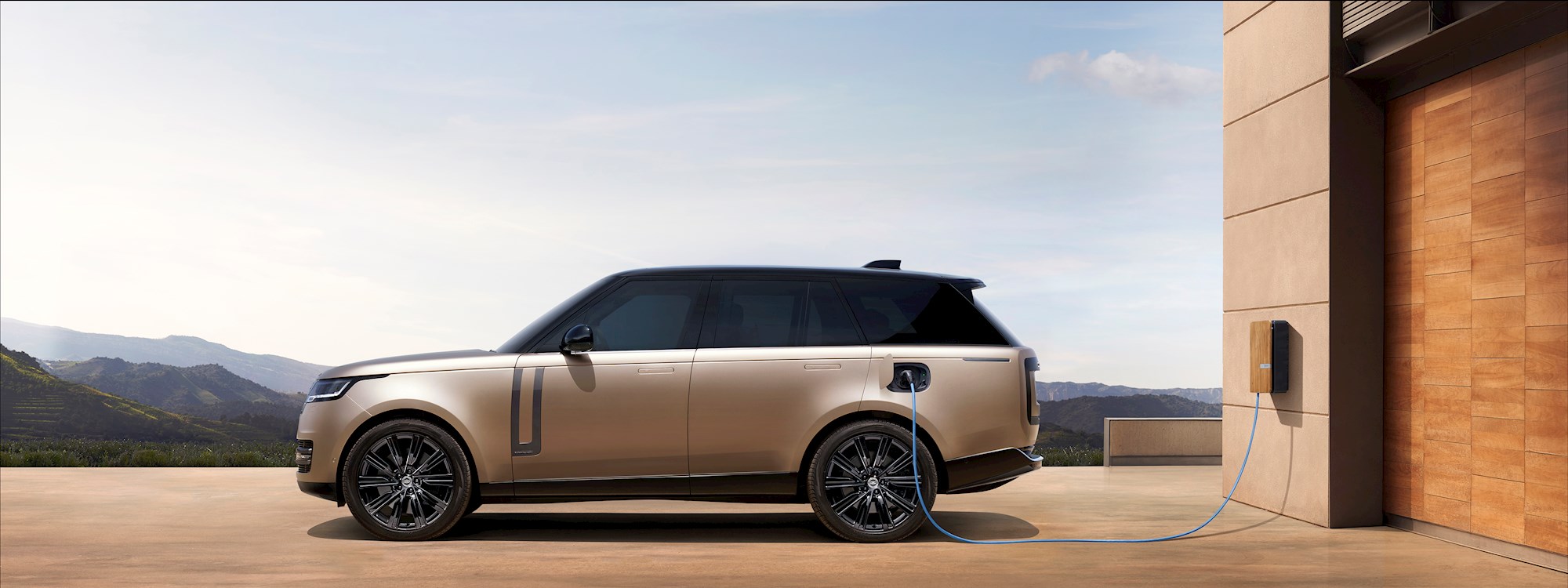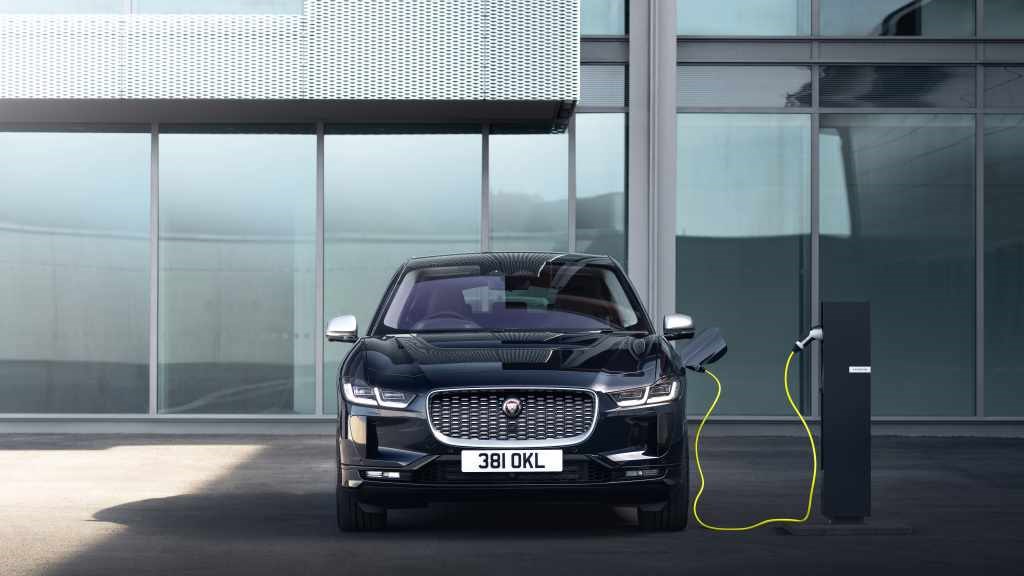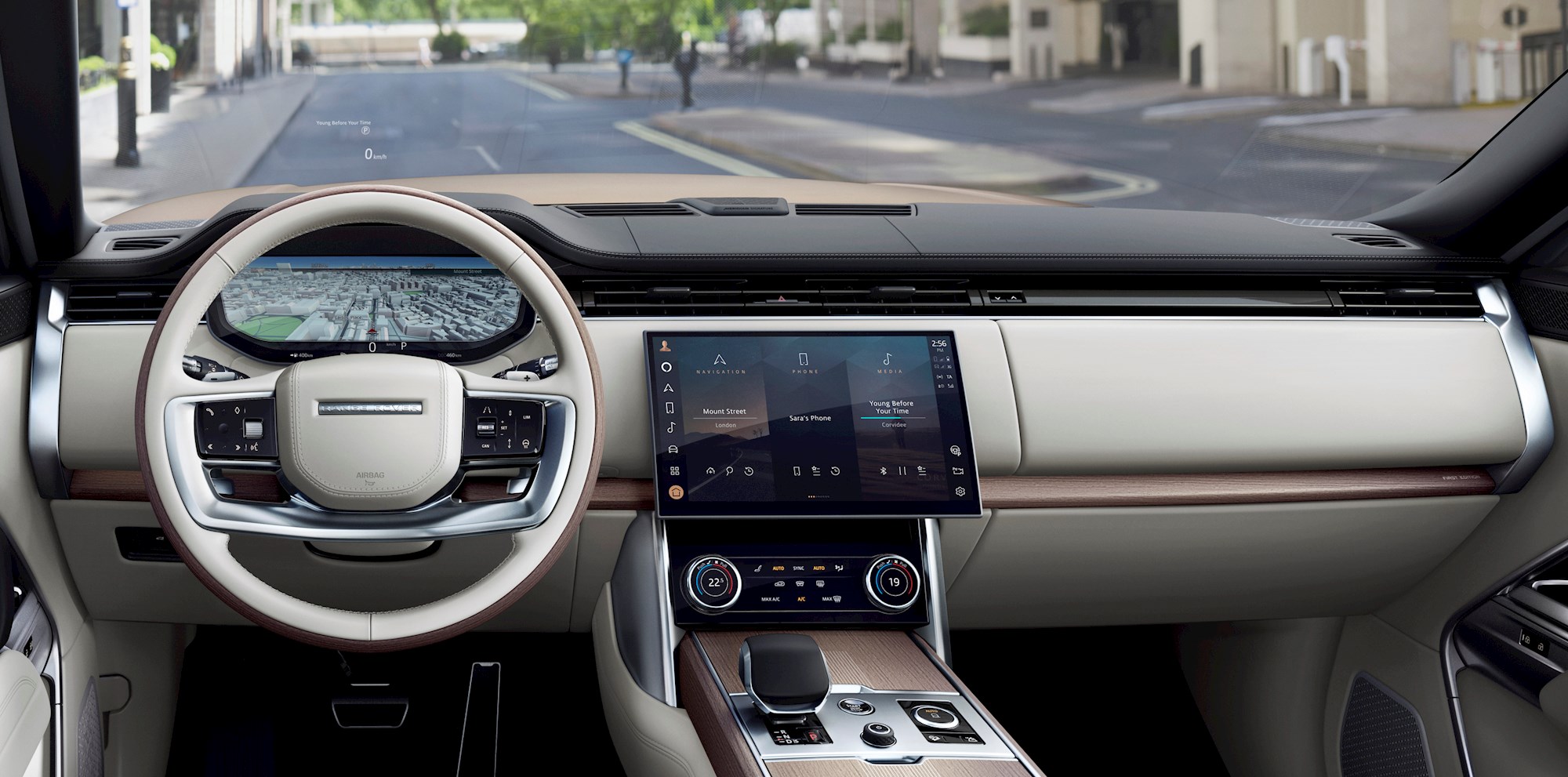2021 was a transformative year for automotive. Like all industries, it faced unprecedented challenges brought about by the pandemic, with supply chain issues and shipping delays wreaking havoc.
The semiconductor shortage – brought about by a perfect storm of COVID-19 lockdowns, unanticipated factory closures, geopolitical stand-offs, and changing consumer habits – was an industry-wide pain point.
But despite production pains, skyrocketing consumer demand has meant the automotive industry has had one of its best years on record in New Zealand – in 2021 there were 165,287 vehicle registrations, an increase of 38.3 per cent (45,837 units) compared with 2020.
Amid the chaos, creativity and innovation shone through.
Brands used the downtime in production to put designers to work and some truly incredible new vehicles have been revealed.
Range Rover caused a stir when it announced the launch of its all-new fifth-generation vehicle, putting innovation and sophistication and the forefront of its design. The announcement sent fans into a frenzy, with dozens of New Zealanders putting down deposits for the car, within the first five hours of its global release.

In other positive news, the past year has seen a large number of vehicle manufacturers make commitments to going all-electric. In February, Jaguar announced will only be producing all-electric vehicles by 2025, followed by Land Rover in 2030. Other brands, like Volvo, followed suit by making similar commitments later in the year.
2021 has been a year of ups and downs, but overall, it’s positive to see the industry embracing change and preparing for what the future holds.
So, what can you expect to see from the automotive industry this year? Here’s my take.
We’re en route to autonomy
We’ve already seen consumers’ priorities start to shift when it comes to cars, with demand for electric vehicles (EVs) rising steeply over the past few years. The next challenge to conquer will be increased investment in technology in fully autonomous vehicles.
According to research, nearly half of all automotive software developers are working on autonomous vehicle components and brands like Tesla are pouring serious funds into R&D around it. There is no doubt that parts of Europe are creating roading infrastructure in preparation for these technological advancements. While you won’t see fleets of fully autonomous vehicles hitting Kiwi roads in the immediate future, it will be an interesting trend to track this year.
Charging stations galore
And speaking of EVs, with nearly 30,000 of them on our roads, and 45 per cent of New Zealanders saying they would consider one for their next purchase, we will see a rise in the number of EV charging stations across the country.

Right now, there are more than 500 charging stations in New Zealand. But as EV sales continue to climb in 2022, you can expect to see that number grow accordingly. ChargeNet alone currently has 60 new charge points under development. For the would-be EV owners humming and harring due to range anxiety, the new charging stations popping up should quell some concerns.
If access to charging stations isn’t enough to get the full EV fence sitters across the line, plug-in hybrid electric vehicles (PHEV) will continue to be a popular choice. PHEVs are an ideal stepping stone, combining battery power with an internal combustion engine, giving owners confidence in the vehicle’s range, while still reducing their carbon footprint. With EV development moving rapidly this would be a great place to dip your toes in the water.
Digital transformation
Now more than ever, automotive manufacturers are thinking with a digital-first mindset. Tech has become integral to the modern vehicle and designers are focused on finding ways to seamlessly integrate the latest technology in new vehicles.

The new Range Rover will hit dealerships this year with an integrated Amazon Alexa, 13.1-inch touch screen, and a new Rear Seat Entertainment system that supports devices with an HDMI port and Wi-Fi hotspot capability, so passengers can enjoy smart TV on the move. Particularly in the luxury vehicle area, we can expect to see more of this innovation and integration when it comes to consumer technology.
Accelerating toward the future
Like most industries, automotive is adapting at pace. Technology is reshaping the entire sector and it’s been positive to see even historic brands welcome modernisation.
Brands that embrace this innovation, adopt new technologies, and set about delivering ground-breaking new products will be the ones that pull ahead in the race for consumer favour.
If the past year has been anything to go by, 2022 will be another transformative and revolutionary year for the automotive industry. I, for one, can’t wait to see what it holds.







